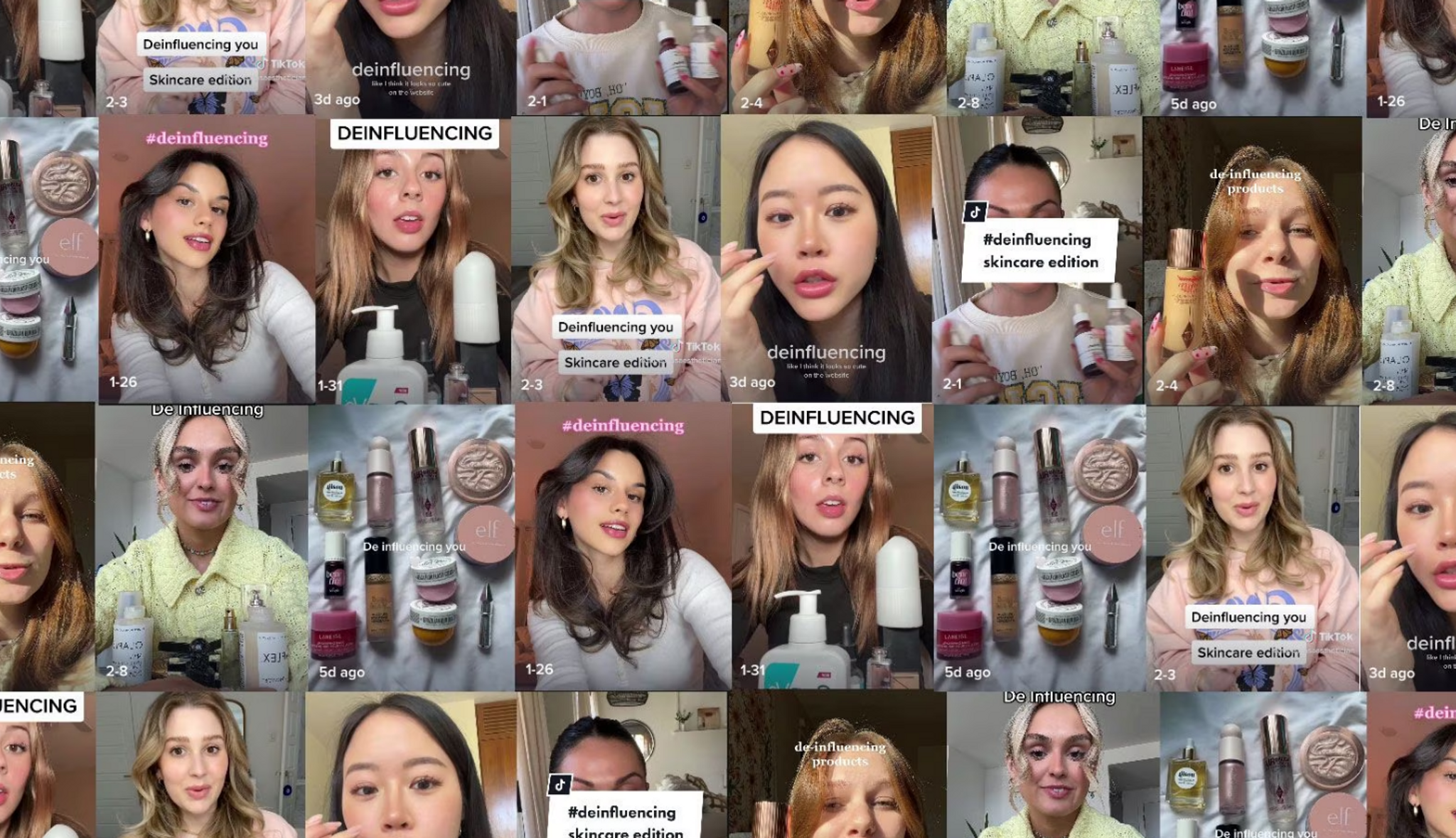
Influencer tensions are rising as many are expected to use their reach to facilitate change, or at the very least, be mindful of their privilege. Names like Emma Chamberlain, Brittany Broski and Charli D'Amelio are facing backlash from their followers, indicating a shift in creator expectations.
In the dynamic landscape of social media, the role of influencers is undergoing a profound evolution, marked by shifting expectations from fervent fandoms and audiences. This transformation stems from the symbiotic relationship between influencers and their followers, where authenticity and relatability reign supreme.
All in all, it seems as if the Love Island-esque influencer is a dying breed. Instead, young audiences increasingly expect their favourite creators and celebrities to engage with important topics on a global scale.
Recent incidents involving online personalities like Emma Chamberlain, Brittany Broski, and Charli D'Amelio highlight the evolution of new audience expectations.
Chamberlain came under fire when her podcast listeners expressed their desire for more depth in her content, with some suggesting she should go to college after TikToker @emmybetmia posted a video saying, “I genuinely don’t say this to be rude but Emma Chamberlain’s podcast genuinely is just a girl who needs to go to college.”
Emerson goes on to explain: “I’m not saying that in the way that means ‘oh she dumb’, she’s just clearly a girl who needs to riff ideas with people and sometimes, they need a bit of feedback. Sometimes she’s a little in her echo chamber.”
Additionally, Charli D'Amelio received backlash after posting a staged video as a Walmart cashier, seen by some as insensitive given that D'Amelio earns millions of dollars per year through TikTok alone according to Forbes.
This is part of a growing tendency for people to scrutinise notions of class, privilege, and inequality, especially at a time when ‘cosplaying’ as working class can diminish the lived realities of people who struggle to get by on minimum wage.
Adding to the growing influencers tensions is Brittany Broski who came under fire for not addressing the Israeli-Palestine conflict. While some believe that Broski should use her typically lighthearted platform to spotlight the humanitarian crisis in Gaza, others feel she has no right to comment on such matters.
As audiences seek deeper connections with those they admire, they expect transparency, empathy, and a sense of social responsibility from their favourite online figures.
Consequently, influencers find themselves navigating a delicate balance between maintaining their personal brand identity and using their platform to advocate for causes they believe in.
In this era of heightened awareness and digital activism, the influencer's voice holds significant sway, serving as a potential catalyst for meaningful conversations and societal change.
Thus, the landscape of influence is not only about capturing attention but also about leveraging it to amplify important messages and foster a more informed and empathetic online community.
This is where the rise of knowledge-based creators comes in. This new era of creators offers knowledge and insights for audiences seeking guidance around certain topics, changing the expectations people have for influencers with a large following.
On TikTok, this is particularly evident as 44% of users seek out influencers on the platform as valuable sources of information, emphasising a shift in valuing not just aspirational content but knowledge-based insights as well.
No longer confined to merely endorsing products or promoting lifestyle content, internet personalities and influencers are being called upon to engage with pressing social, political, and economic issues – but how much of a voice they should have is still up for debate.



